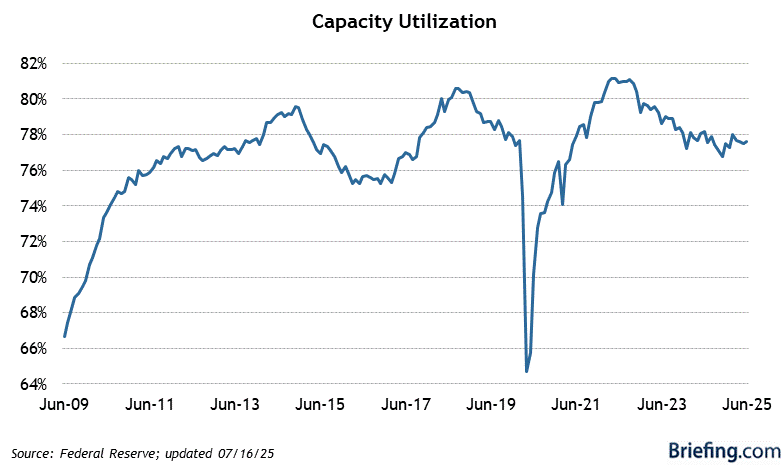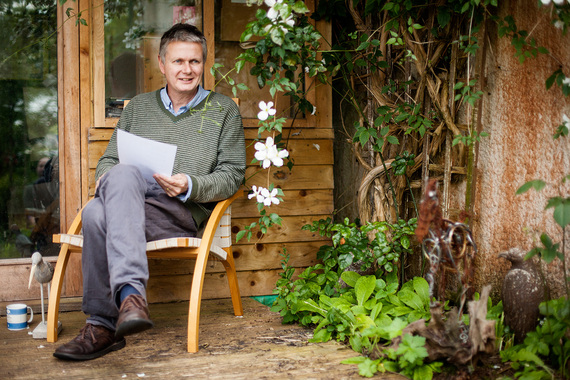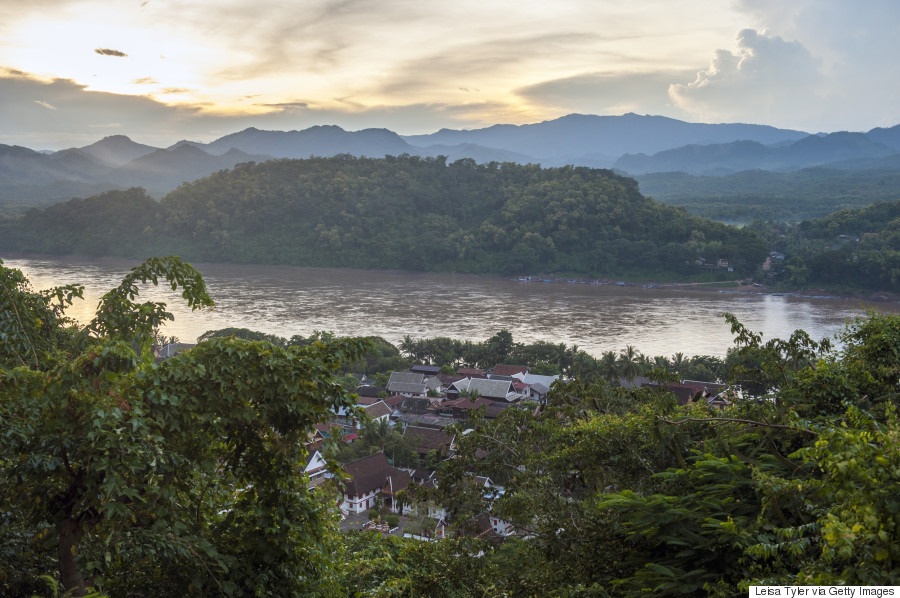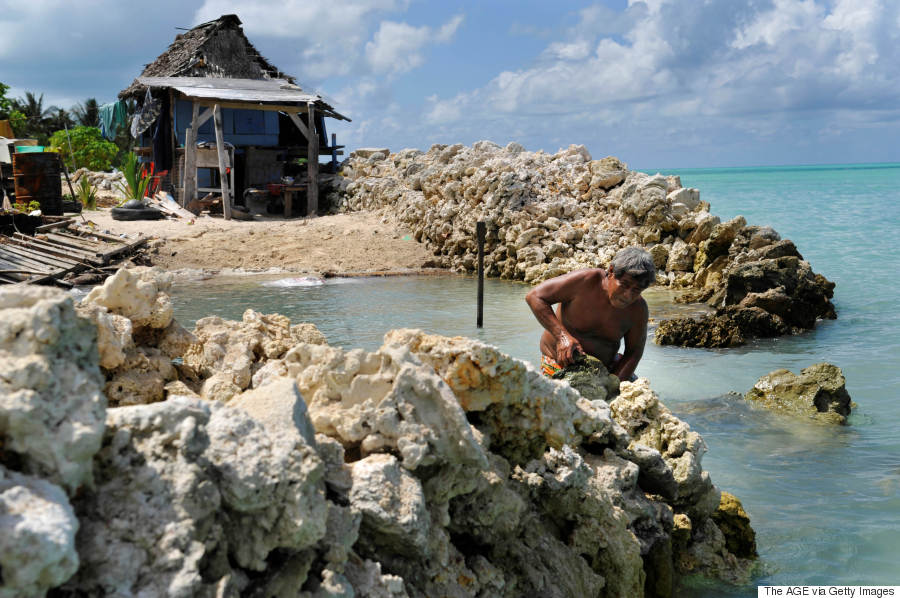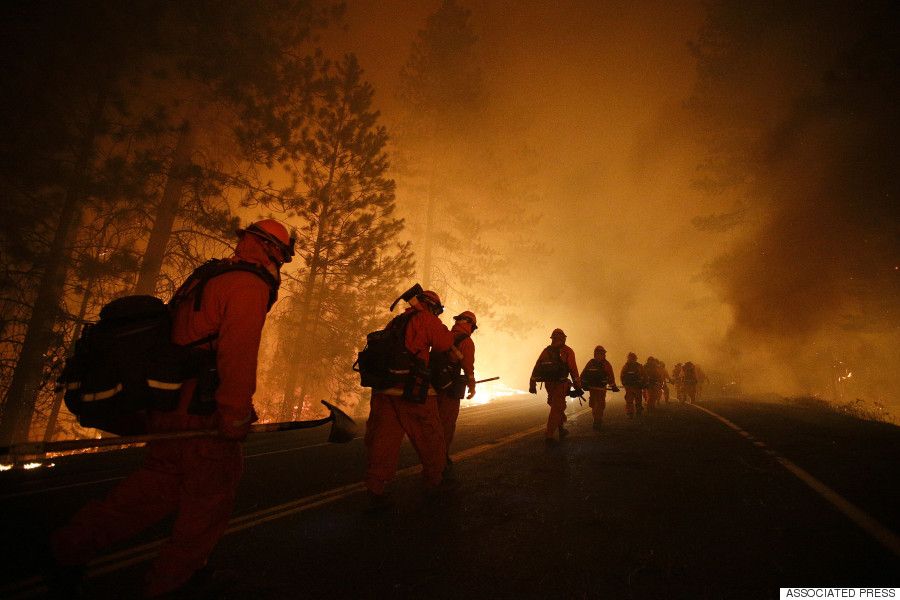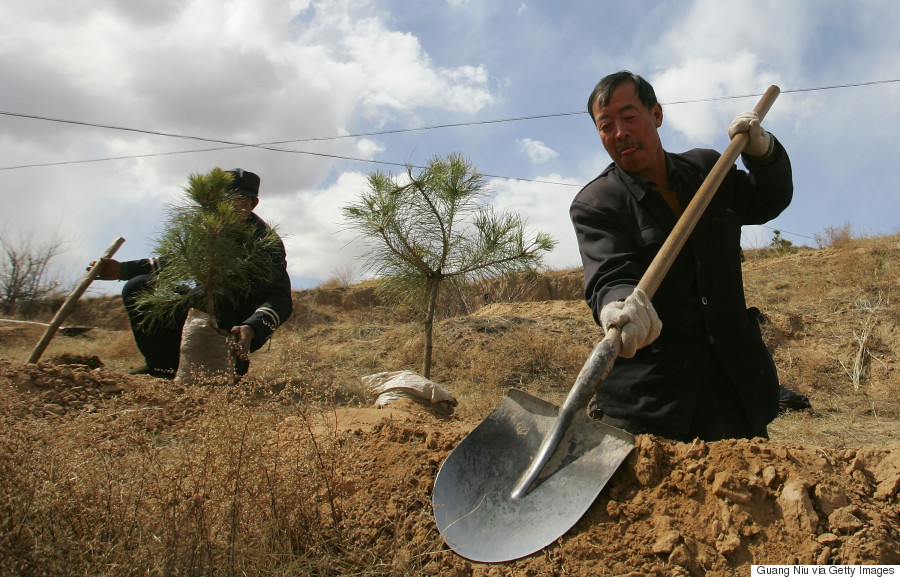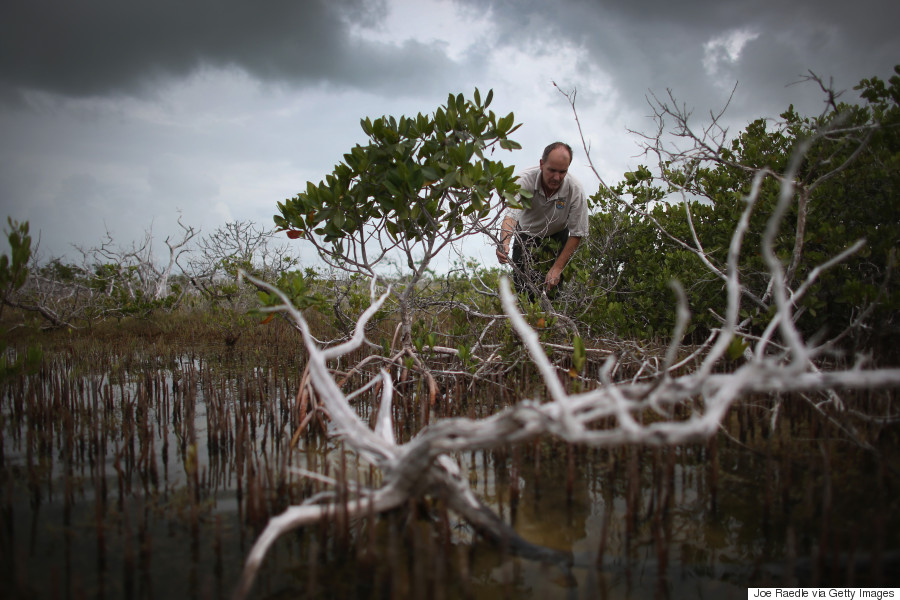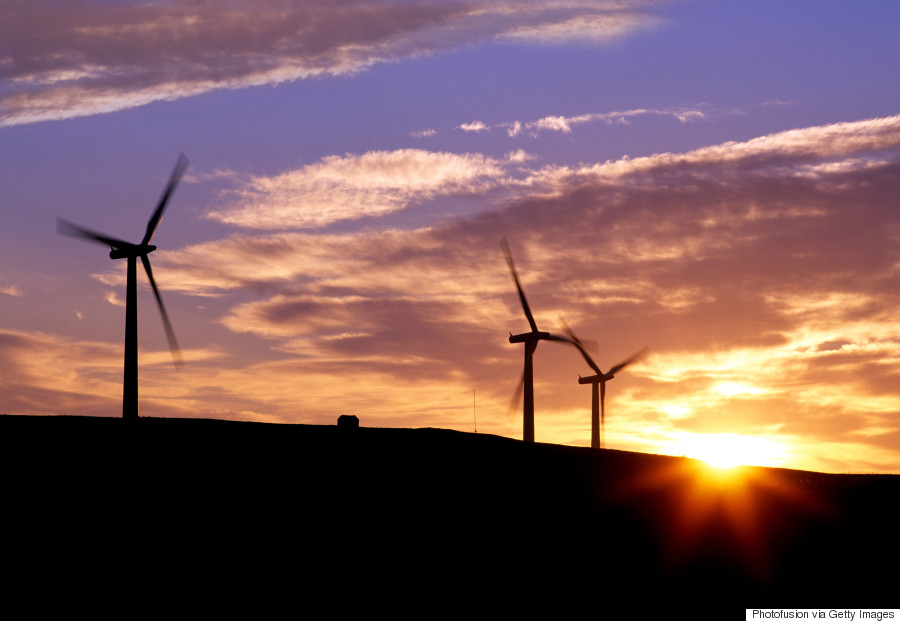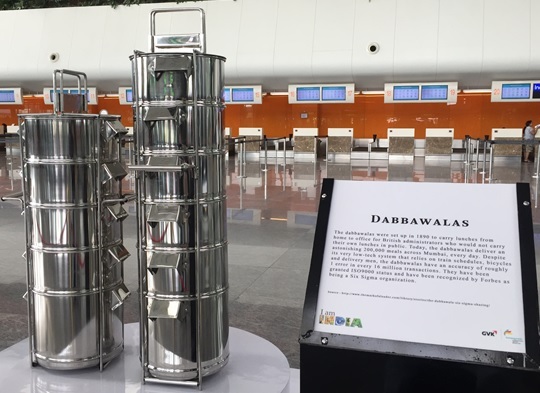![sunset forest]()
An important basis for all ethics has been the
Golden Rule or the principle of reciprocity: you shall do unto others as you would have them do unto you. But the Golden Rule can no longer exist in a horizontal dimension -- in other words a "we" and "the others" dimension. We must realize that the principle of reciprocity also has a vertical dimension: you shall do to the next generation what you wished the previous generation had done to you.
It's as simple as that. You shall love your neighbor as you love yourself. This must obviously include your neighbor generation. It has to include absolutely everyone who will live on the Earth after us.
The human family doesn't inhabit Earth simultaneously. People have lived here before us, some are living now and some will live after us. But those who come after us are also our fellow human beings. We must do to them as we would have wished that they would have done to us if it was they who had inhabited this planet before us.
The code is that simple. We have no right to hand over a planet Earth that has less worth or in a more miserable condition than the planet we ourselves have had the good fortune to live on. Fewer fish in the sea. Less drinking water. Less food. Less rainforest. Less coral reef. Fewer species of plants and animals.
Less beauty! Less breathtaking! Less splendor and joy!
![coral reef]()
Lionfish. Red Sea, Egypt (Reinhard Dirscherl/ullstein bild via Getty Images)
In his later years the German philosopher Immanuel Kant pointed out that it was a necessary moral imperative for every country to join together in a "
league of nations" whose job would be to ensure their peaceful coexistence. And through the 19th and 20th century it became more and more obvious that the nations of the world are in the need of certain supranational conventions. We see examples of this need every single day. Without a set of supranational norms and rules of law, it's impossible to hold people responsible for war crimes, for oppression of the freedom of individuals or for crimes against humanity. Some universal limits have been set for what the international community can accept as the domestic affairs of an individual nation.
An important breakthrough in this respect was the Universal Declaration of Human Rights in 1948. We are probably talking about the greatest triumph of philosophy to date, because this "universal declaration" was not bestowed on us by higher powers, nor was it plucked from thin air, but rather it represents the culmination of a thousand-year maturing process, a process which to a large extent was carried forward by the written word. Behind this humanistic tradition were flesh-and-blood individuals who, at certain times of their lives, sat down to think and write -- and they thought on behalf of the whole of humanity.
The question that faces us at the start of a new millennium is how long we can go on talking about rights without simultaneously focusing on the individual's obligations. Maybe we need a new universal declaration. Perhaps the time is ripe for a
Universal Declaration of Human Obligations. It is simply no longer meaningful to talk about rights without simultaneously stressing the individual state's or person's obligations, including the most important challenge of our time: How can we be able to secure the health and welfare of our planet and its future generations?
How can we be able to secure the health and welfare of our planet and its future generations?
How wide is our ethical horizon? In the end, this will be a question of identity. What is a human being? Who am I? If I were just myself, in other words the body standing here speaking, I would have been a creature without hope. But I have a deeper identity than my own body and my own short period of time on Earth. I'm part of -- and I take part in -- something that is greater and mightier than myself.
If I had the choice between dying in this minute, but with a guarantee that human beings would keep on inhabiting this planet for thousands of years to come, or living in good health until I were hundred years old, but the whole humanity would simultaneously go extinct -- I wouldn't hesitate. I would choose to die here and now. Not as a sacrifice, but because a part of what I consider to be "me" represents the whole of humanity. And I'm afraid of loosing that identity.
![rebuild kiribati]()
Albert Ientau rebuilds the sea wall to protect his home from the rising sea on Tarawa Island, Kiribati. (Justin Mcmanus/The AGE/Fairfax Media via Getty Images)
We are living in an exceptional period of time. On the one hand, we belong to a triumphant generation that explores the universe and maps the human genes. On the other hand, we are the first generation to destroy the environment on our own planet. We see how human activity drains the resources and results in the disintegration of habitats. We transform our surroundings to such an extent that it's becoming usual to refer to the period we are living in as the
Anthropocene, a completely new geological epoch.
It appears that just now we are experiencing the dramatic consequences of human-induced changes in climate, while
opinion polls at the same time indicate that the world's inhabitants are really not particularly concerned.
In plants and animals, in the soil and in the sea, in oil, coal and gas, enormous quantities of carbon are just itching to become oxidized and slip out into the atmosphere. The atmosphere on dead planets like Venus
consists mainly of CO2, and this would have been the situation here, too, if living nature and Earth processes had not kept the carbon in check. However, from the mid-18th century, the reserves of fossil fuel have tempted us, like Aladdin's genie in the lamp. "Release me from the lamp!" the carbon has whispered. And we have allowed ourselves to be tempted. Now we are trying to force the genie back into the lamp.
If all the oil, coal and gas still to be found on this planet is extracted and released into the atmosphere, our civilization will quite simply not survive. Nevertheless, many people consider it their crystal-clear right to extract and burn all the oil and all the coal on their own national territory. Why shouldn't it just as well be the crystal-clear right of rainforest nations to do what they want with their rainforests? What is the difference? What's the difference in relation to the global carbon balance? And what's the difference in relation to the loss of biological diversity?
At the beginning of the Industrial Revolution, there
were 280 parts per million CO2 in the atmosphere. Today, the figure is approaching 400 and is continuing to increase -- with destructive climate change as an indisputable consequence. Sooner or later, we must try to return to a pre-industrial level. NASA's Dr. James Hansen, perhaps the most outstanding climate researcher in the world today, has
pointed out that, at least initially, we must get down to a maximum of 350 ppm to feel reasonably certain of avoiding major disasters for the planet and for our civilization. The trend, though, is going the other way -- and in spite of the current economic crisis in Europe and elsewhere.
If all the oil, coal and gas still to be found on this planet is extracted and released into the atmosphere, our civilization will quite simply not survive.
We are not only speaking of the emissions of greenhouse gases from the burning of fossil fuel. Our civilization is currently altering the planet's natural carbon cycle also by deforestation. I mentioned the enormous quantities of carbon hidden in the reserves of oil, coal and gas. But great quantities of carbon are contained also in forests, peat lands and the sea.
The release of carbon from burning fossil fuels, from deforestation and from peat decomposition is, however, not only affecting the atmosphere. Until now, great quantities of CO2 have also been swallowed by the sea -- with a precarious
acidification of the sea as one result. It's an open question how much more CO2 the sea will be able to relieve from the atmosphere -- or how tolerant ocean ecosystems are able to be of a warm and acidic sea.
The existence and sustainability of the planet's rainforests is vital not only for the Earth's climate as a whole; it's especially important for the tropic areas. As a defensive shield against global warming the remaining rainforests on Earth are irreplaceable and irrevocable.
But the protection of rainforests and peat lands can of course not be an excuse for any oil-producing nation to go hunting for the last drop. We need to take two kinds of action at the same time. We must protect the remaining rainforests. And we must sober up from our dependence on fossil fuel. To extract and burn all the remaining reserves of oil and coal is far too much for the planet to tolerate.
During the latest decades it has been
pointed out that we are the first generation to affect the climate on Earth -- and the last generation that won't have to pay the price for it. But the saying doesn't sound adequate anymore. We do already suffer from many of the consequences we warned against only a few years ago. We've seen unprecedented storms, floods, drought, fires, hunger -- and indeed also the first waves of climate refugees. The globe's glaciers are melting, and the arctic ice cap is already drastically diminished. In fact, many of these symptoms have presented themselves far ahead of schedule, even compared to the most pessimistic scenarios worked out by climate researchers.
![climate change flood]()
Firefighters walk along Highway 120 near Yosemite National Park. (AP Photo/Jae C. Hong, File)
If we are to succeed in saving our own food supply and the biological diversity of this planet, there will need to be a Copernican Revolution in our way of thinking. Living as though everything centers around our time is just as naive as it was to believe that all celestial bodies orbit our planet. Our time, however, has no more central importance than all the epochs that will come after us. For us, our own time is naturally of the very greatest importance. But we cannot live as though our time is the most important for those who come after us, too.
Both between individuals and in relations between nations, we have succeeded in getting out of a state of nature. However, we are still in a state of raw lawlessness when it comes to the relationship between generations.
Perhaps the geocentric cosmology was naive, but is it less naive to live as though we have several planets to harvest resources from, instead of the one we have to share?
In earlier years environmentalists used to focus on how to protect this planet's nature from the human civilization. Today environmentalism is more likely to have to focus on how to protect our civilization from nature -- that is, from the limits set by nature.
We are still in a state of raw lawlessness when it comes to the relationship between generations.
It's permissible to have faith, and it must be permissible to hope for a salvation for this world. However, it's not certain that a new heaven and a new Earth await us. It's not certain that we are on our way to an existence in paradise after this life on Earth. Moreover, it is doubtful whether celestial powers will ever bring about a judgment day. Nevertheless, one day we will be judged by our own descendants.
Both the climate problem and problems linked to the threat to biological diversity have to do with greed. However, greed does not generally worry the greedy; there are many historical examples of that.
Based on the principle of reciprocity, we should only permit ourselves to use non-renewable resources to the extent that we at the same time pave the way for our descendants to be able to manage without the same resources. Ethical questions are not necessarily so difficult to answer; it's our ability to live by the answers that is often lacking. But if we forget to think about our descendants, they will never forget about us.
I can envisage the despairing sadness of our own grandchildren concerning the loss of resources like gas and oil, and consequently also of biological diversity: You took it all yourselves! You didn't leave anything for us!
![trees desert china]()
Farmers plant trees to protect against sand storms in China. (Guang Niu/Getty Images)
Human nature is characterized by a predominantly horizontal and short-term sense of direction. People's eyes have always wandered, continually on the lookout for potential dangers and possible prey. So we have a natural disposition to protect ourselves and our kin. However, we don't have the same natural disposition to protect those who come after us, let alone other species than our own.
Favoring our own genes is deeply ingrained in our nature as living beings. But we have no such natural disposition to protect our own genes four or eight generations down the line! That's something we must learn. It's something we must learn like we have had to swot up on the entire catalogue of human rights.
Ever since we saw the light of day in Africa, we've been fighting a determined battle to ensure that our branch is not lopped off the family tree of evolution. This battle has been successful, because we're still here. However, as a species, human beings have been so successful that we are threatening our own basis for existence. We have been so successful that we are threatening the basis for the existence of all species.
We are considering perspectives that are new in the history of both mankind and our planet. It's a new starting point that I'm not only capable of protecting my own children, but I can also actually do something to protect my descendants a hundred or a thousand years from now. To put it another way, I have responsibility for my descendants in a hundred or a thousand years from now. And what's more: I'm responsible for all life on this planet forever. We're responsible for all ecosystems, and thus for what we call biological diversity. There is perhaps no other entity responsible for the future of our planet.
I'm responsible for all life on this planet forever.
My perspective is not just moral, it's anthropological. And we've said a bit about how we're equipped by nature. But we also live in a culture that is extremely concerned with the here and now. The basis for our predominantly horizontal perspective on life is both nature and culture: "I look at you, and you look at me." For many people, the vertical perspective -- the historical and geological dimension -- will be something very distant and almost abstract.
We often say that we have cultural roots and traditions to protect. However, with our power to destroy and dominate we must protect our natural roots, too. Our civilization is some thousands of years old, but our natural preconditions are far older. It's all well and good that the treasures of Greek or Indian philosophy are being translated into a wide range of languages, and we may justifiably call it a cultural obligation, but in the same decade we wipe out species of plants and animals that nature spent millions of years to evolve.
We can easily agree that the world will be poorer without the great apes. We're at risk of losing the very link to the great nature of which we're a part, and on that score we run the risk of becoming even more blinded.
Nature, however, also becomes more impoverished and more exposed to further disintegration when there are fewer and fewer species of plants, of fungi, of invertebrates and of fish, reptiles, amphibians and birds. The planet becomes poorer, and we become poorer. Also quite literally: the threat to biodiversity is at the same time a threat to our own housekeeping. When bees no longer buzz, there will be less fruit and jam.
The breakdown of climate, of ecosystems and consequently of the planet's biological diversity is, above all, also a threat to a fair distribution of the world's resources, because people in the richest part of the world have become accustomed to buying themselves out of most problems.
![mangrove climate change]()
An ecologist with the U.S. Fish and Wildlife Service inspects dead buttonwood trees that succumbed to salt water incursion in Big Pine Key, Florida. (Joe Raedle/Getty Images)
The
Red List of threatened species of plants and animals display themselves as ever more splendid publications with sharply reproduced color photos of species that are "critically endangered," "endangered" or "vulnerable." As an irony of fate, these exquisite coffee table books, with blinding color images of all the species that already are extinct, are published simultaneously. To an ever-increasing extent, these images are going to be the same photographs as, a few years previously, adorned the lists of species threatened by extinction, and some time in the future we'll perhaps refer to these extinct species as "photo fossils" -- in other words, species that just managed to become optically preserved before they died out, along with the habitats which surrounded them. Isn't it almost a little fantastic to consider how the art of photography -- and the storage of digital information -- was able to spread just as we began in earnest to get rid of the Earth's biological diversity?
It's not only the modern civilization that has depleted the biodiversity on this planet. The difference is that the rate of extinction is now so enormously faster than at any time earlier; incidentally, we've retained our human nature.
When we talk of globalization today, we generally think of both economy and culture. Many of us have met people in small, local settings steeped in tradition, who have expressed deep sorrow over the enormous cultural loss that the local environment has suffered as a consequence of what many regard as colonialism or neo-colonialism. For instance -- vulnerable islands in the Pacific. Yet it's not only cultural life that is hit by this "globalization." The consequences for the physical environment have been still more serious and irreversible: the complete or partial extinction of endemic species of plants and animals attached to artificial monocultures and the introduction of new species. Some of the extinct species still survive in traditional folk songs and folklore. They've merely been removed from the surface of the Earth. The extinct
moa bird still survives in Maori folklore. In New Zealand -- or Aotearoa, which is the Maori name of the islands -- this
lament can yet be heard:
No moa, no moa in old Aotearoa. Can't get 'em. They've et 'em. They've gone and there ain't no moa! A threat to old biotopes is obviously also a threat to the culture of a people. Even an attack on traditional economy may be an attack on traditional culture. The basis of culture is nature. This may be easy to forget in an international consumer society where the gap between producer and consumer may feel enormous. Yet robbing a people of their nature is at the same time misappropriating their culture and soul. It's pointless to discuss what constitutes the greatest loss. That would be the same as asking what you would most hate to lose -- body or soul.
This "body and soul" perspective -- or nature and culture -- is clearly relevant for the entire planet we live on. If today's economic system is at odds with the limits set by nature, it's also representing a threat to all cultural life.
Pessimism is just another word for being lazy. To be worried, however, is not the same as pessimism, and midway between pessimism and optimism is another category. We call it hope.
For a playful, inventive and vain primate, it may be easy to forget that, in the end, we are nature. But are we so playful, inventive and vain that our own art, inventions and play take precedence before responsibility for the future of our planet? We often see examples of writers and artists who are disclaiming responsibility by pointing to freedom of expression or "artistic freedom." But what do we mean by artistic freedom?
We can no longer just relate to one another. We also belong to the Earth we live on. That, too, is a significant part of our identity.
I have myself decided not to be a pessimist. We cannot permit us the decadence it is to be pessimists. Pessimism is just another word for disclaiming liability. It's another word for being lazy.
To be worried, however, is not the same as pessimism, and midway between pessimism and optimism is another category. We call it hope, and the practical extension of hope is what we refer to as struggle.
Just as the struggle for human rights never ends, the struggle to preserve the ecosystems and the biological diversity of this planet will never end.
![windmill sunrise]()
Sunrise over a windfarm in Wales. (Photofusion/UIG via Getty Images)
To a large extent, modern man is shaped by cultural-historical preconditions, by the very civilization that has fostered us. We say that we manage a cultural heritage, but we are, in addition, shaped by this planet's biological history. We manage a genetic heritage, too. We are primates. We are vertebrates.
It took some billions of years to create us. Yes, it really does take billions of years to create a human being! But will we survive the third millennium?
What is time? The individual's horizon comes first, and then the horizon of the family, the present culture and the culture based on the tradition of the written language. Then there is, in addition, what we call geological time. We stem from some tetrapods
creeping out of the sea a little around 400 million years ago. Ultimately, we relate to a cosmic time axis. We live in a universe approximately 13.8 billion years old.
However, these time divisions are really not so far from one another as they may seem at first sight. We have reasons to feel at home in the universe. The planet on which we are living is almost exactly a third the age of the universe, and the animal order to which we belong, the vertebrates, has existed for less than ten percent of the lifetime of the Earth. This universe is no more infinite than that. Or to put it the opposite way: so substantially deep are our roots and our affinity with the universal soil.
Man may be the only living creature in the entire universe who has a universal consciousness, a sense of this entire, huge and enigmatic universe we are all a part of. Conserving the living environment of this planet isn't just a global responsibility. It is a cosmic responsibility.
Literature and philosophy are a celebration of mankind's consciousness. So shouldn't a philosopher be the first to defend human consciousness from annihilation?
-- This feed and its contents are the property of The Huffington Post, and use is subject to our terms. It may be used for personal consumption, but may not be distributed on a website.
![]()
![]()
![]()
![]()
![]()
![]()
![]()
![]()

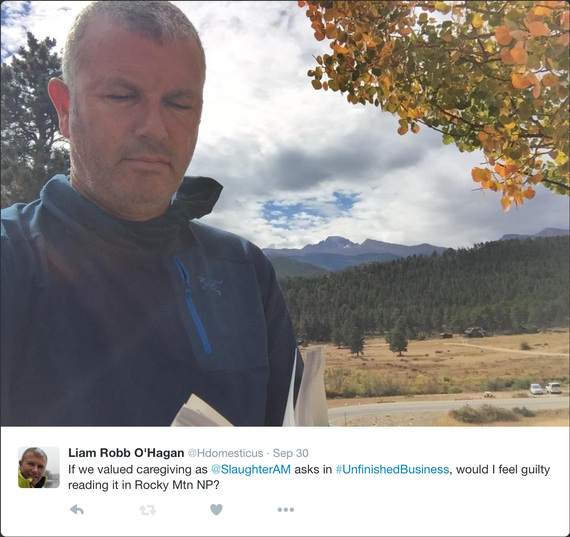


 Big tragedy over in Paris this weekend.
Big tragedy over in Paris this weekend. 



